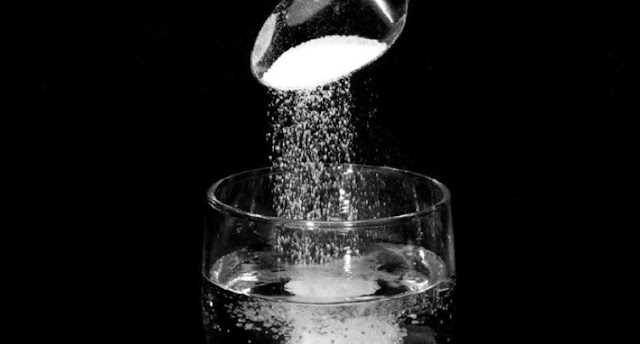Many people say that the function of education is to educate the life of the nation. Indeed this is not wrong, but the function of education must also be in accordance with the goals of the nation and fulfill the important elements in an education.
Another function of education is to be able to guide someone to the future they have. Every person and layer of Indonesian society is now required to receive education.
Education can be used as a benchmark for every human being. Although the type of education you can get is not always formal education. You can also get an educational function in non-formal education.
Even in character education one can obtain the function of education and its purpose. This is because a person's character and expertise possesses can be formed well according to the rules that apply in the community. Visit here tomcaster.com
Education is the learning of the knowledge, skills and habits of a group of people who are passed down from one generation to the next through teaching, research and training.
Meanwhile, according to the Big Indonesian Language Dictionary (KBBI), education is the process of changing attitudes and behavior of a person or group in an effort to mature people through teaching or training.
Some experts also said about the notion of education, and here are some experts who provide definitions about education that have been summarized by Liputan6.com from various sources on Tuesday (1/22/2019).
1. Ki Hajar Dewantara.
As the father of Indonesian education, he also stated about the meaning of education. According to him education is a guide to the growth and development of children's character. Olah therefore education is also an effort to guide the natural strength of each child so that they are able to grow and develop as humans or even as members of the community who can achieve life's safety and happiness.
2. Martinus Jan Langeveld.
In addition to Ki Hajar Dewantara Langeveld, he also said that it helps students to be able to carry out prayer tasks independently and responsibly. According to Langaveld, education is also an effort to help the growth of children to be more mature.
3. Gunning and Kohnstamm.
According to them education is a process of formation and development of conscience, where a person is able to form and determine themselves ethically based on their conscience.
4. H. Horne.
Education is a tool where the social community is able to continue its existence in influencing itself and maintaining idealism.
In addition, education is also divided into 2, namely formal education and non-formal education. The difference between the two types of education is the activities and activities carried out. However, the educational function achieved is not much different.
1. Formal education, formal education is education in schools that are obtained regularly, systematically, in stages, and by following clear conditions. As a formal education institution, schools are required to provide services to the younger generation in educating their citizens.
2. Non-Formal Education, is a pathway to education beyond formal education that can be carried out in a structured and tiered manner. The results of non-formal education can be valued on par with formal education, but still refer to the standards of education.
The function of education is not only to make you as a generation that has broad insight. But in education, of course there are other functions that you can get.
According to experts, Horton and Hunt, the function of education is something that is real in society. Including the following.
• Developing one's talents for personal satisfaction and for the community
• Prepare the community for income
• Instill new skills
• Preserving culture.
Whereas according to David Popenoe, there are several functions:
• Transfer of culture or transmission
• Ensure social integration
• Choosing and teaching social role
• Source of social innovation
• Teaches personality style
But in addition to the educational functions of experts, there are the main educational functions, namely socialization, social integration, social placement and also social innovation. These functions are functions of education that are real and in line with the goals of education.

















